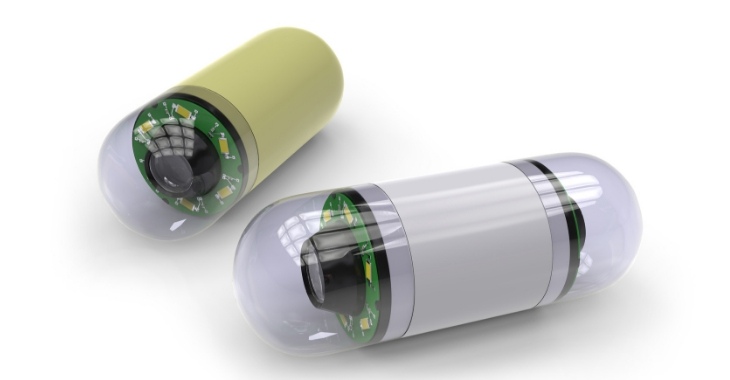Pinching in Stomach – Check out the 9 most common causes

What are the most common causes of pinching feeling in stomach?
Are you experiencing a recurring pinching pain in your stomach? Unless the pain is severe, you may not think much of it. In fact, most people who experience a pinching pain in the stomach will put it down to trapped wind or indigestion. However, as a common symptom of a large number of gastroenterological problems, it is important to seek a diagnosis to rule out potentially serious health issues.
Acute Gastroenteritis
If you have eaten undercooked or spoiled poultry, you may be experiencing bacterial gastroenteritis (food poisoning). Alternatively, you could have caught the “winter vomiting bug” which is the common name for the norovirus. In young children, the majority of gastroenteritis cases are caused by the rotavirus.
Urinary Tract Infection
A urinary tract infection can cause the sensation of pinching in your stomach. It is important to understand that a urinary tract infection is not likely to pass without treatment with antibiotics, so you should consult with a gastroenterologist for diagnosis.
Renal or Gall Bladder Stones
If renal or gall bladder stones have developed, early symptoms can include pinching pain in your stomach. Other symptoms may include fever and shivering, severe nausea and yellowing of the skin or eyes (jaundice). Renal and gall bladder stones are usually treatable, but some patients may experience life-threatening complications.
Hepatitis
If you are suffering from pinching pain in your stomach along with symptoms such as jaundice, dark urine, fatigue, sudden weight loss and pale stools, make an appointment with a gastroenterologist right away. These are the common signs of hepatitis and should not be ignored.
Appendicitis
Appendicitis presents with pains that becomes progressively worse, usually over the course of a few hours. The pain will come and go initially, only to return with a vengeance. If you are experiencing increasingly severe pain around the abdomen, do not hesitate to reach out to gastroenterologist.
Constipation
Constipation can strike at any time and may cause pinching feeling in abdomen. If you frequently suffer from constipation, it is important to get to the bottom of what’s causing the issue. Dr. David Yamini is a Beverly Hills Gastroenterologist who can offer both diagnosis and treatment for constipation and related conditions.
Colitis
Colitis describes inflammation of the inner lining of the colon and can result from a large number of underlying health conditions. Abdominal pain and cramping, which could be described as pinching stomach pain, are two of the main symptoms of colitis. You owe it to your health and well-being to make an appointment with a gastroenterologist, who can provide an accurate diagnosis and effective treatment options.
Pancreatitis
When the pancreas becomes inflamed, it can result in either acute or chronic pancreatitis. While most people will recover from acute pancreatitis, it is a potentially life-threatening condition that can progress to chronic pancreatitis. Heavy consumption of alcohol is another major contributing factor in the development of pancreatitis.
IBS
Irritable bowel syndrome is an incurable condition that includes pinching pain in the stomach as a symptom. If you suspect that you suffer from IBS, seeking advice from a gastroenterologist can significantly improve your quality of life. IBS is manageable with lifestyle and dietary changes and medication to control the worst symptoms.
Don’t ignore your gastroenterological conditions
Pinching pain in your stomach is a symptom that is shared by the large majority of gastroenterological conditions, which is what makes it so dangerous to ignore. To set your mind at ease, arrange a consultation with gastroenterologist in your area . When it comes to your long-term digestive health, it is always better to err on the side of caution.
The information provided on this website, including text, graphics, images, and other materials, is intended solely for informational purposes and should not be used as a substitute for professional medical advice, diagnosis, or treatment.



)